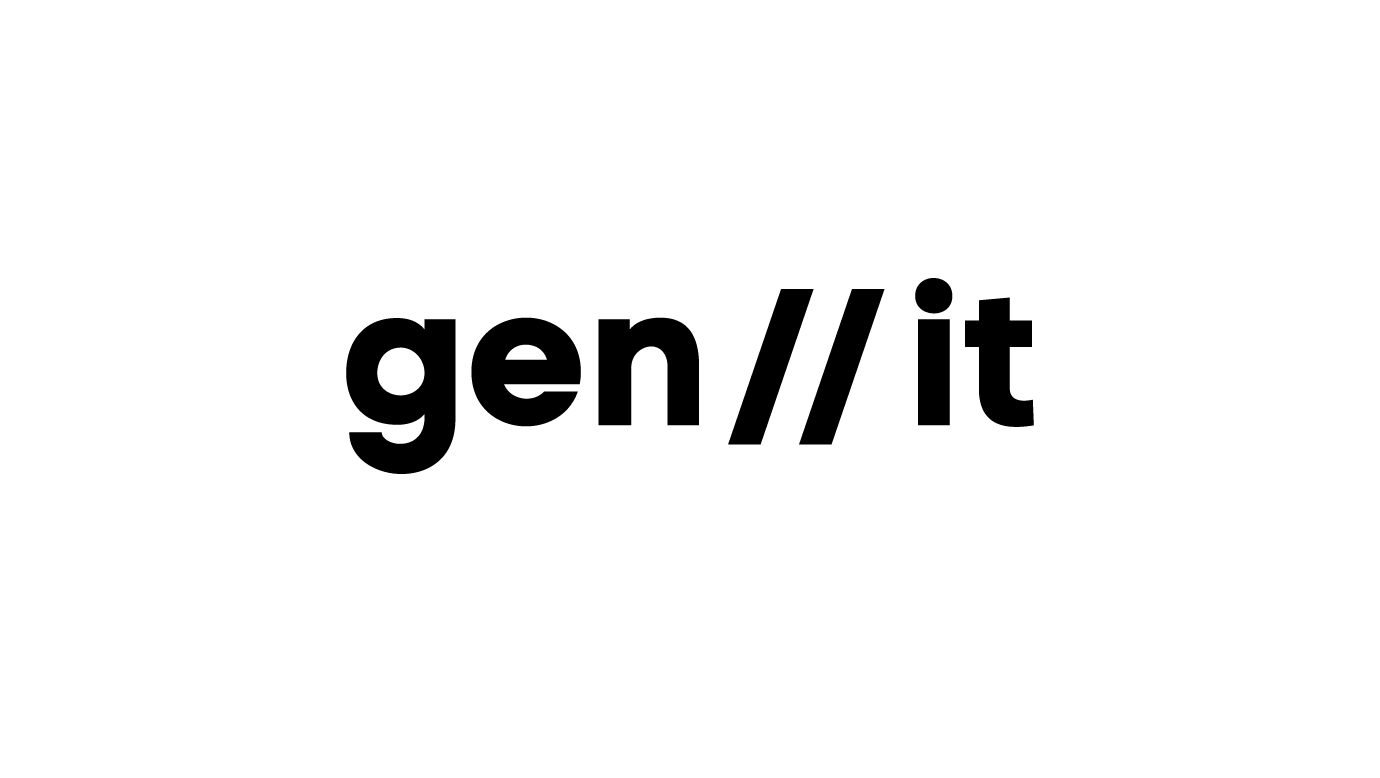Sergey Tokarev tells about the topic of the next STEM is FEM module
Industry: Apps & Software
The founder of Gen IT and the initiator of charity project STEM is FEM said that the educational module will be dedicated to the agro-industry and will be held online.
Kyiv, Ukraine (PRUnderground) November 26th, 2020
Experts and analysts note: in the agro-industry of Ukraine, both the education and employment sectors provide men and women with equal opportunities. Despite this, there is still a significant gender imbalance in the field. In December, the STEM is FEM module will try to sort out the reasons for this situation. Sergey Tokarev, the initiator of the project and founder of Gen IT, tells more details about this.
‘The goal of STEM is FEM is to attract girls’ attention to the tech industries. Agro-industry is one of them. And it is developing very quickly. However, whenever it comes to the place of women in this area, statistics is disappointing. In particular, only ten percent of family farms are headed by women, and the average monthly wage of women working in the agricultural sector is 80% of the same wage received by men. This situation must be changed,’ Tokarev says.
During two days, the event participants will be introduced to the agro-industrial industry – they will listen to industry-related and motivating lectures, meet with successful women, take part in workshops, and will be invited to solve interesting creative issues during thematic contests with prizes. Due to the quarantine restrictions, the module will be held online.
Female students from Ukrainian schools and other secondary educational institutions are invited to take part in the competition. Participation in the module is free. Applications are accepted until December 4 on the official website of the project.
STEM is FEM is a Ukrainian educational initiative. Its goal is to motivate girls to pursue education and careers in tech industries and to achieve gender parity in this area. During the first year of the project, it has conducted seven educational modules (biotechnology, robotics, IT, energy and ecology, mechanical engineering, 3D modeling and printing). The last module was dedicated to construction and architecture. As part of the event, the participants designed the concepts of bike stations with additional functionality for their cities.


